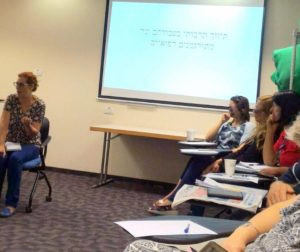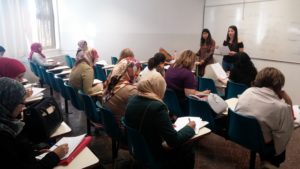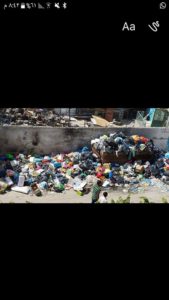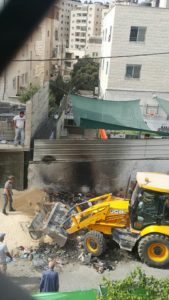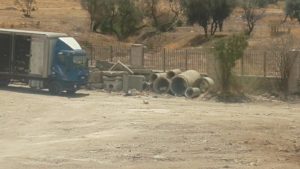Continuing Support for Jerusalem Medical Interpreters at Shaare Zedek
It’s always nice to be praised by someone else. This time, it was by the Sha’are Zedek Medical Center’s social media team, after our Dr. Michal Schuster led a meeting for Jerusalem-based medical interpreters.
Here’s their Facebook post:
The meeting was held on July 19, for more than 20 medical interpreters. Most were from Sha’are Zedek, and others came from Hadassah Mt. Scopus and Ein Kerem hospitals, ALYN Rehabilitative Hospital, as well as from the Tene Briut organization. The first part of the meeting dealt with the role of medical interpreters in bridging cultural as well as linguistic gaps. In their training the medical interpreters had studied mainly how to translate medical terms from one language to another; the concept of bridging between cultures was not focused on. Michal raised several examples in which medical interpreters were faced with the need to bridge cultural gaps, and they discussed how to approach these differences. This discussion was important for the interpreters, since previously many had focused mainly on language translation, and the concept of cultural bridging, although an important intuitive aspect of medical interpretation, had not received as much attention. It was now brought front and center.
Thanks to Sha’are Zedek for the mention! And of course, many thanks to the Jerusalem Foundation for their continued partnership in our Cultural Competency efforts throughout the past decade and into the future!

